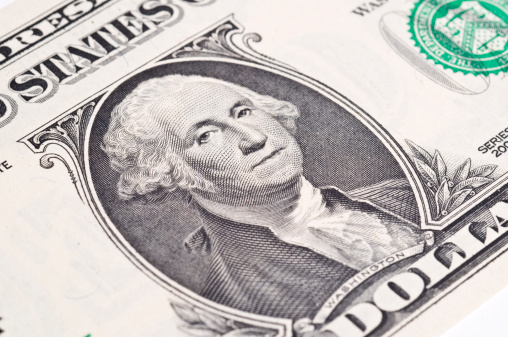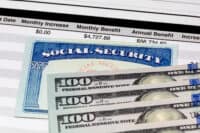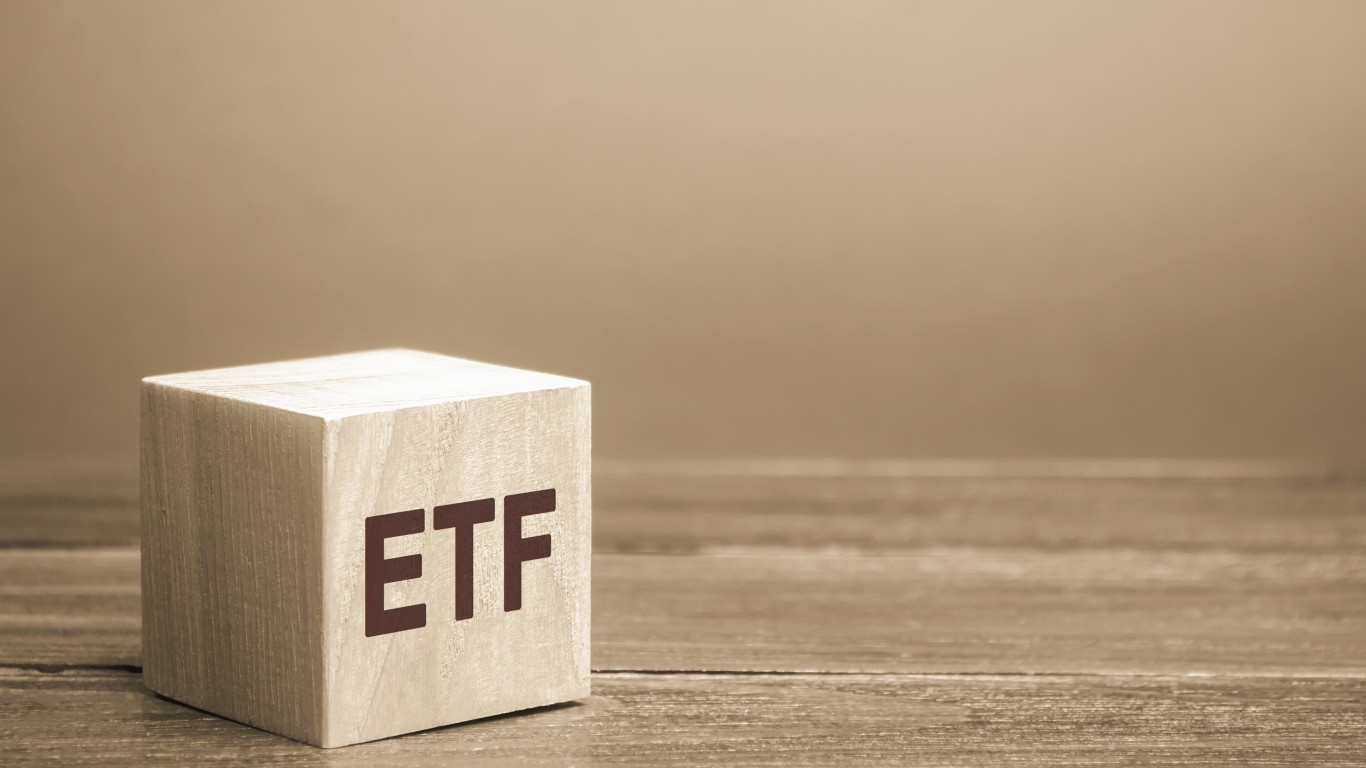Investors have many things to consider in the latter part of 2014 and as 2015 nears. One such consideration is the trend of dividend hikes. On the heels of fresh dividend hikes from Microsoft, Altria and others, 24/7 Wall St. wants to telegraph more Dow Jones Industrial Average (DJIA) stocks that are almost certain to raise their dividends before the end of 2014.
Of the 30 Dow components, 24/7 Wall St. has identified six stocks that are almost shoo-ins for dividend hikes. We would note that we are equally certain that several more will announce dividend hikes soon. The problem is that we have yet to quantify just how much those dividends will be raised — so stay tuned for more dividend hike predictions.
We have included some color on each company and given an expected time frame for when these hikes will occur. We have even shown an expected amount by which each hike will be made. These are the six DJIA dividend hikes we see definitively before the end of 2014.
United Technologies Corp. (NYSE: UTX) should be raising its dividend in October, by our estimate. The conglomerate is expected to bring in close to 10% earnings growth in 2014 and in 2015, and its dividend growth was 10% in 2013, after dividend growth of over 11% in 2012. A 10% dividend hike would go up to $0.65 per quarter per share — or about 38% of adjusted earnings in 2014, or just under 35% of adjusted earnings expected in 2015. The current dividend yield is roughly 2.2%, but United Tech may have GE-envy for a Dow conglomerate with a dividend that need to be raised. The company raised its dividend last October, and it is going on what likely will be 20 years of dividend hikes.
> 24/7 Wall St. view: United Tech likely will take its $0.59 dividend up to $0.64 or $0.65 per quarter.
McDonald’s Corp. (NYSE: MCD) raised its dividend in the middle of September last year, and it can be expected to continue despite its ongoing labor woes and negative sales trends. Keep in mind that McDonald’s has raised its dividend each and every year since paying its first dividend in 1976. What we would point out is that McDonald’s has slowed its dividend growth (5% in 2013) and its current woes likely will keep the Golden Arches from getting too aggressive in higher payouts when there is controversy over higher wages every week here. If you think it is too ambitious to want a dividend hike at this time, just take its views from May to heart.
> 24/7 Wall St. view: McDonald’s will raise its $0.81 quarterly payout to $0.85, taking the yield up to almost 3.65%.
ALSO READ: 10 Dividend and Buyback Hikes You May Have Missed
General Electric Co. (NYSE: GE) is a dividend hike we are almost certain is on the way again, but perhaps not until December. There is just one problem after this year — GE is about to be a different company, without appliances and without the consumer finance dominance. We will have to judge the 2015 plans when that time arrives, but GE is likely a shoo-in for a higher dividend later in 2013. We predicted that GE would raise its dividend to $0.21 from $0.19 last year, but GE hiked it even more to $0.22. The issue is that this is now at 52% of expected 2014 operating earnings and 48% of expected 2015 earnings. We have to think conservatively again, with a reminder that GE’s dividend yield is massively higher than peers at close to 3.5%, and it is still likely a few years out before GE is back to its $0.31 per quarter dividend from before the recession.
> 24/7 Wall St. view: GE likely will hike its dividend to $0.235 or $0.24 per quarter.
Nike Inc. (NYSE: NKE) is among the new DJIA components and it keeps enthralling the public with its brand hits around the globe. Nike has seen a history of recent dividend hikes, with its most recent hike rising 14% to a payout of $0.24 per quarter. Much of Nike’s capital may be locked up overseas, but its 1.2% dividend yield just doesn’t exactly create any wow-factor for new investors. Shares are also within 2% of all-time highs and Nike is worth just over $70 billion. The problem is that it trades at an expensive 24 times expected earnings, so it simply cannot get crazy on its dividend hikes.
> 24/7 Wall St. view: Nike is likely to raise its payout from $0.24 per quarter to $0.27 or $0.28.
ALSO READ: Is Nokia Really 40% Undervalued?
Goldman Sachs Group Inc. (NYSE: GS) raised its dividend last October along with earnings, and that is likely to be the case again. The company is among the new DJIA components, and the $2.20 payout per year right now is a paltry 13% of expected 2014 operating earnings per share. Goldman Sachs also has an unimpressive dividend yield of 1.3%, which is rather measly for one of the best banks and brokers in the world. Goldman Sachs could literally double its dividend, but of course regulators and public outcry may keep the firm from living up to its payout potential.
> 24/7 Wall St. view: Goldman Sachs may lift the payout to $0.60 or $0.65 per share. Again, the company can afford to pay drastically higher — but will it?
Visa Inc. (NYSE: V) is not a loser in Apple’s pay initiative after all, and its dividend still has much catching up to do. The 2013 hike was by 21%, and it marked the fifth such dividend hike since Visa came public. That being said, Visa’s dividend still offers an embarrassing yield of less than 1%. The current $1.60 payout per year is not even 18% of expected operating earnings in 2014 and is barely 15% of expected 2015 operating earnings. Much of Visa’s cash may be overseas, but this is something that needs to be raised handily. Visa is not just one of the new Dow components — Visa is the Dow’s largest single component by weighting at more than 8.1%, making a 1% yield all that much more embarrassing.
> 24/7 Wall St. view: Visa could raise its dividend by 100% and not blink an eye on paper, but the hike we are willing to forecast is from $0.40 per quarter to $0.48 or $0.50.
ALSO READ: UBS’s Highest Yielding Quality Growth at a Reasonable Price Stocks
Is Your Money Earning the Best Possible Rate? (Sponsor)
Let’s face it: If your money is just sitting in a checking account, you’re losing value every single day. With most checking accounts offering little to no interest, the cash you worked so hard to save is gradually being eroded by inflation.
However, by moving that money into a high-yield savings account, you can put your cash to work, growing steadily with little to no effort on your part. In just a few clicks, you can set up a high-yield savings account and start earning interest immediately.
There are plenty of reputable banks and online platforms that offer competitive rates, and many of them come with zero fees and no minimum balance requirements. Click here to see if you’re earning the best possible rate on your money!
Thank you for reading! Have some feedback for us?
Contact the 24/7 Wall St. editorial team.



